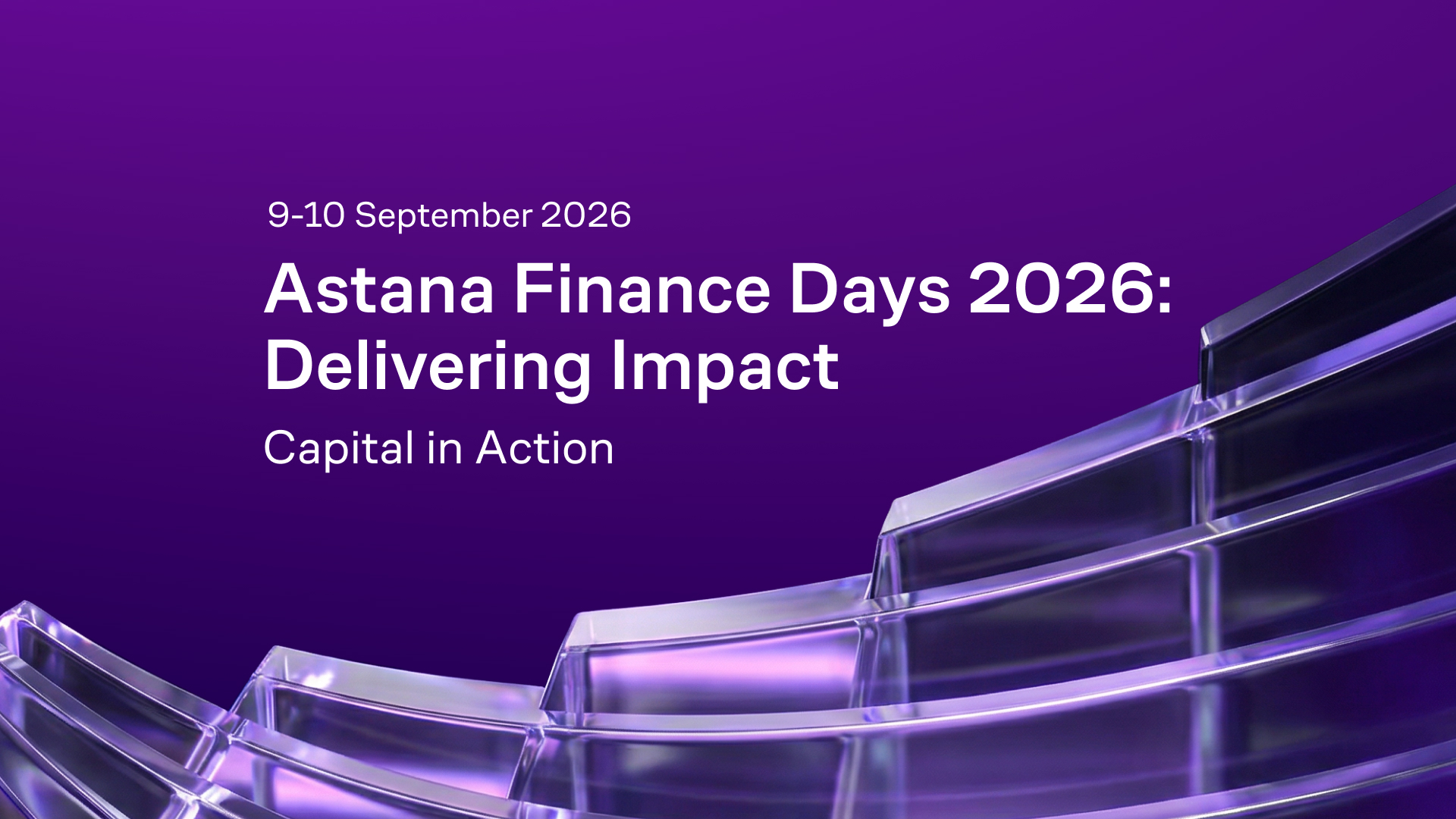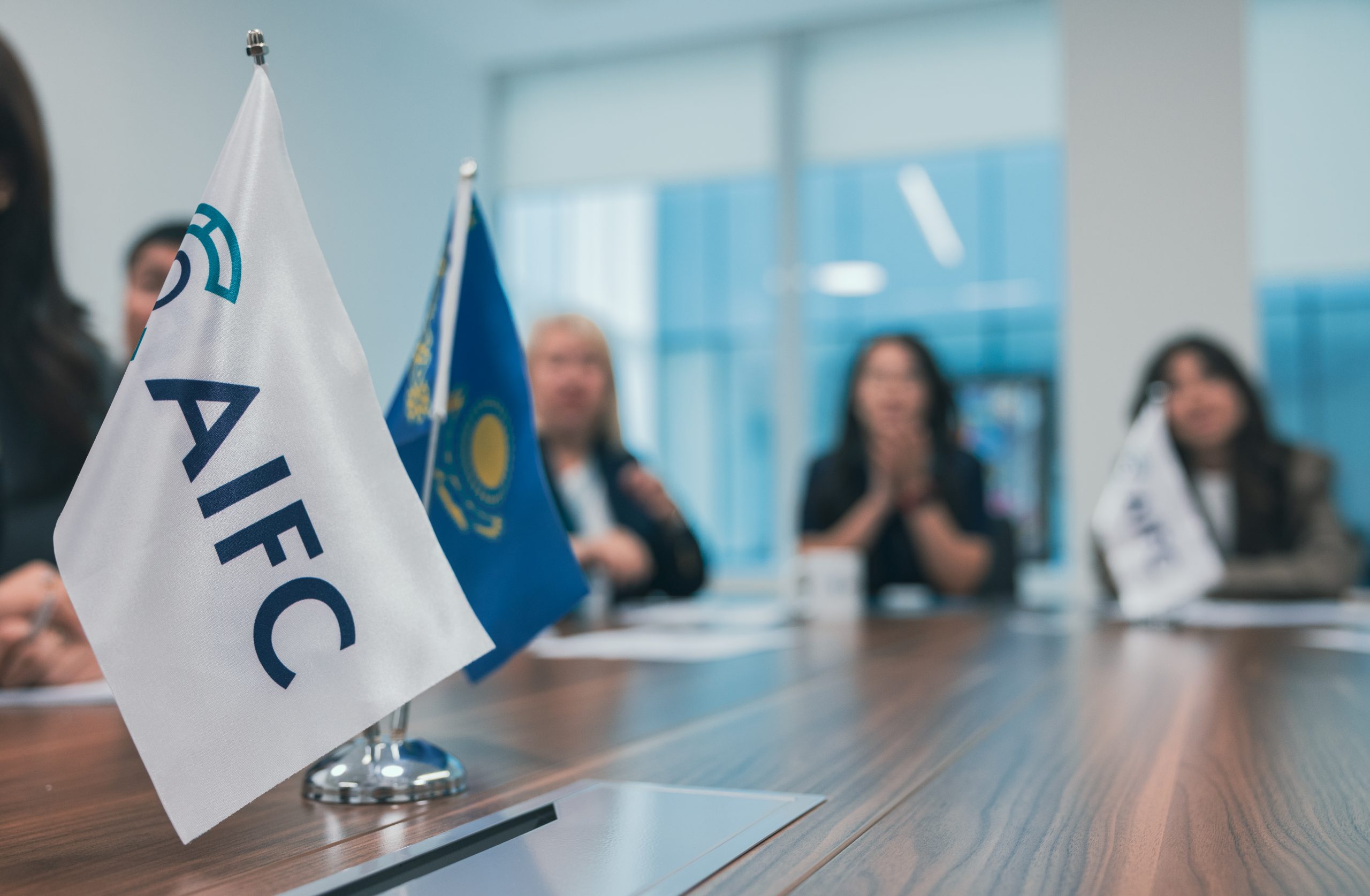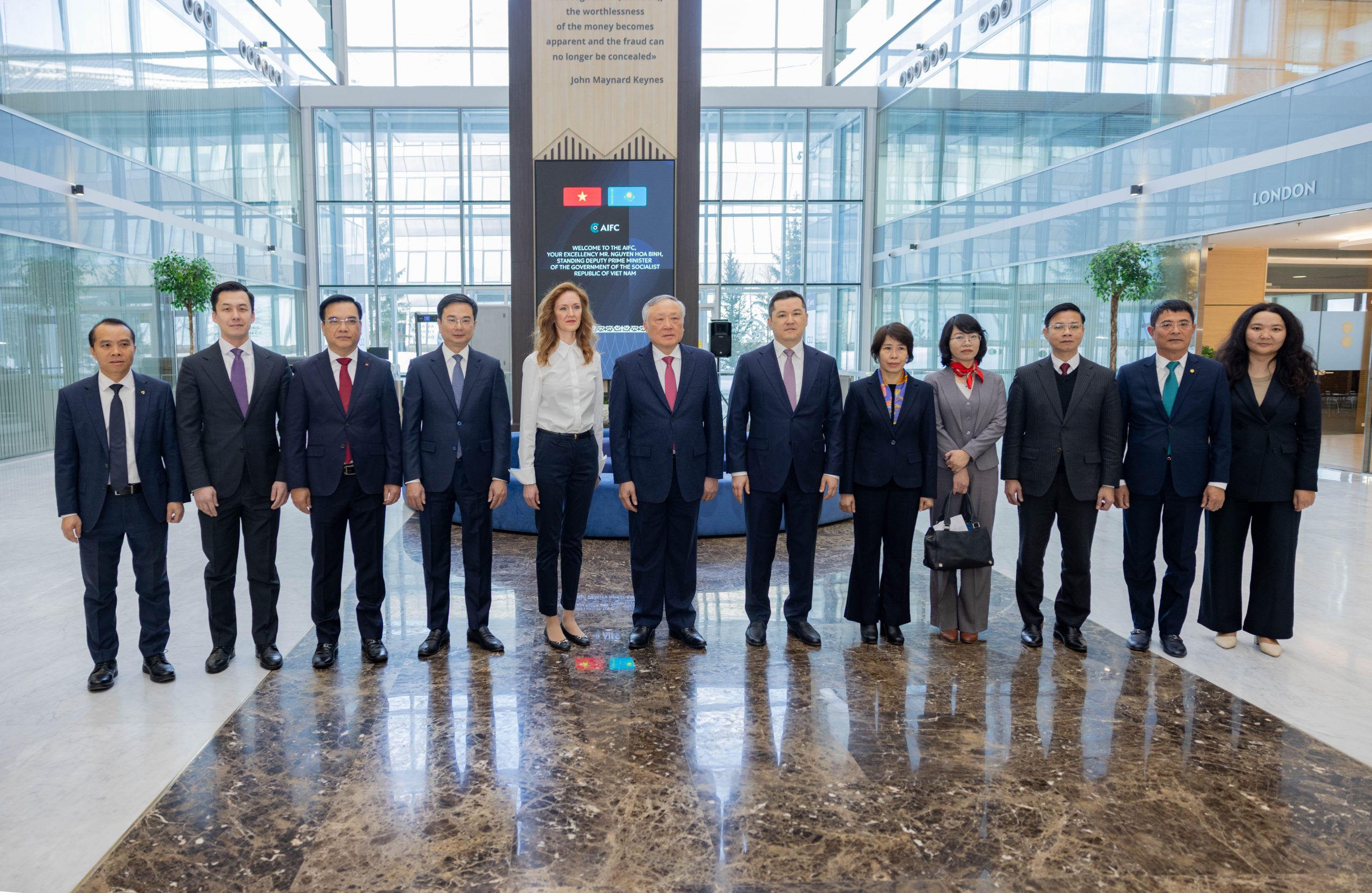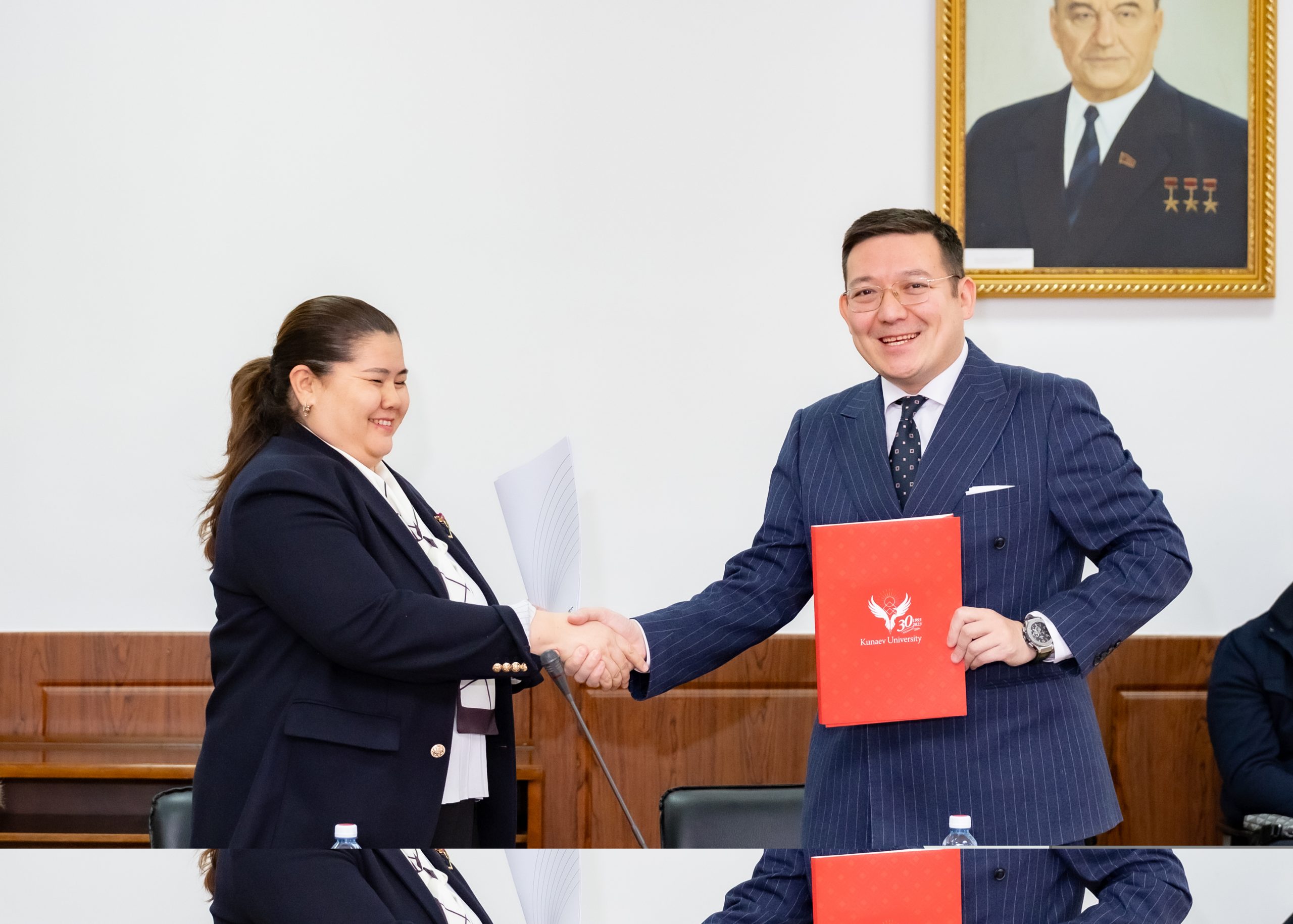AIFC introduces a series of new amendments to the Legal Entities Framework
Astana Financial Services Authority’s Registrar of Companies introduces series of amendments to the Legal Entities Framework which will come into force from 1 January 2022. These latest amendments relate to following:
- Extending powers of Board of Directors
New amendments to the AIFC Companies Regulations extend the powers of the Board of Directors to issue new shares in addition to its right to allot shares.
- Clarity of “allotment” and “issue” concepts
New amendments also bring clarity to the understanding of “issue” and “allotment” concepts for Private and Public Companies. Sections 43 (Minimum share capital) and 98 (General provisions about meetings and votes) of the AIFC Companies Regulations have been revised to support the concept that “allotment” refers to the giving of the shares to a new shareholder, whereas “issue” covers the additional step of actually registering a new shareholder so that they can enjoy legal governance rights. Thus, section 43 (Minimum share capital) states that a Public Company must have an allotted share capital (instead of “issued and allotted”) of no less than 100,000 USD at any time and section 98 (General provisions about meetings and votes) states that quorum at the meetings dealing with a variation of any class rights is the number of shareholders holding or representing by proxy at least 1/3 in nominal value of the issued shares of the class (instead of issued and allotted).
- Standard constitutional documents available for more legal entities
From 1 January 2022 standard constitutional documents will be available for such types of legal entities as:
- Foundations – Standard Foundation Charter and By-laws
- General Partnerships – General Partnership Agreement
- Limited Partnership – Limited Partnership Agreement
- Limited Liability Partnerships – Limited Liability Partnership Agreement.
Currently, standard articles of association and charter exist only for Public Companies, Private Companies and Non-Profit Incorporated Organisations (NPIOs).
- New audit requirements for Private Companies, Limited Liability Partnerships and NPIOs as part of their obligations to the Registrar of Companies
New amendments also apply to audit requirements in relation to Private Companies, Limited Liability Partnerships and NPIOs. Thus, Private Companies and Limited Liability Partnerships whose annual turnover is not more than $5,000,000 USD will be subject to audit exemption. The current Shareholders requirement (an average of not more than 20 Shareholders) for Private Companies will be excluded. NPIOs will be exempted from audit if their gross annual income is not more than $500,000 USD.
- New AML/CFT requirements for NPIOs and Foundations
Foundations and NPIOs will carry new obligations related to anti-money laundering and combatting the financing of terrorism (AML/CFT). This means that Foundations and NPIOs will have to:
- carry out transactions through financial institutions under AML/CFT supervision;
- notify the AFSA on complex or unusual transactions etc.;
- keep records and file report on suspicious activities to the Financial Intelligence Unit of Kazakhstan.
- Amendments to status of Director
Under the new amendments, Companies will decide themselves if they want their Director to be called an Employee and have a contract of employment or have a Director perform their duties without getting into an employment relationship. Currently, the AIFC Companies Regulations considers a Director as an Employee.
- Online and offline registration fees
There is also going to be a distinction in the registration fee for documents submitted online and offline. The fee for online registration will stay the same (300 USD), while a paper-based one will cost 500 USD. From 1 September 2020 registration process for applicants has been fully digitalised.








